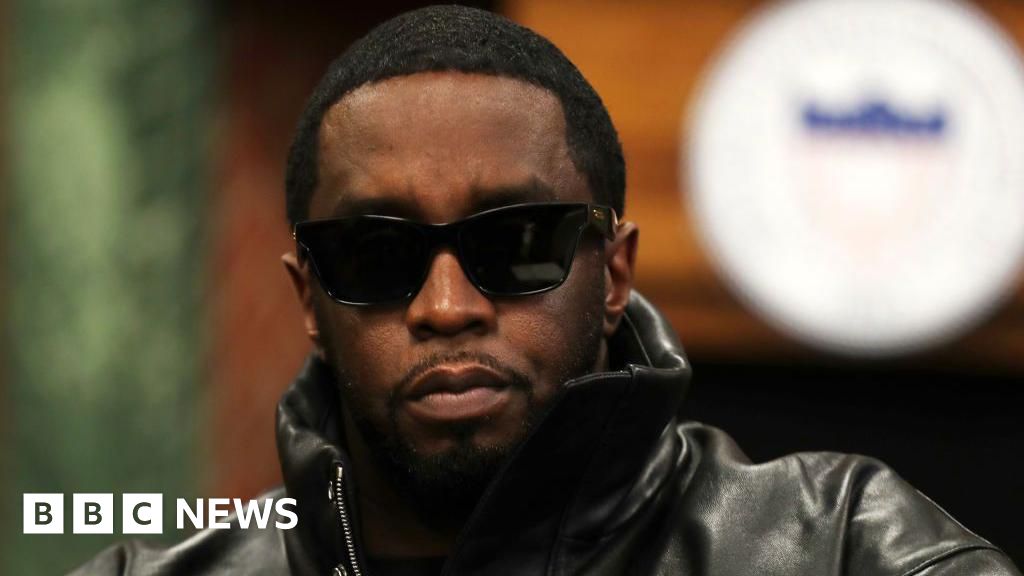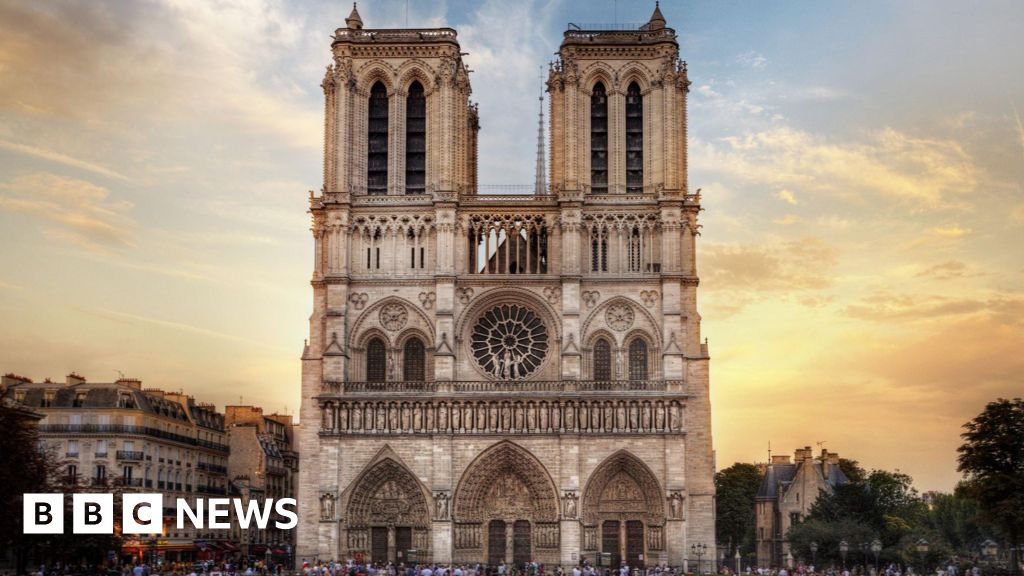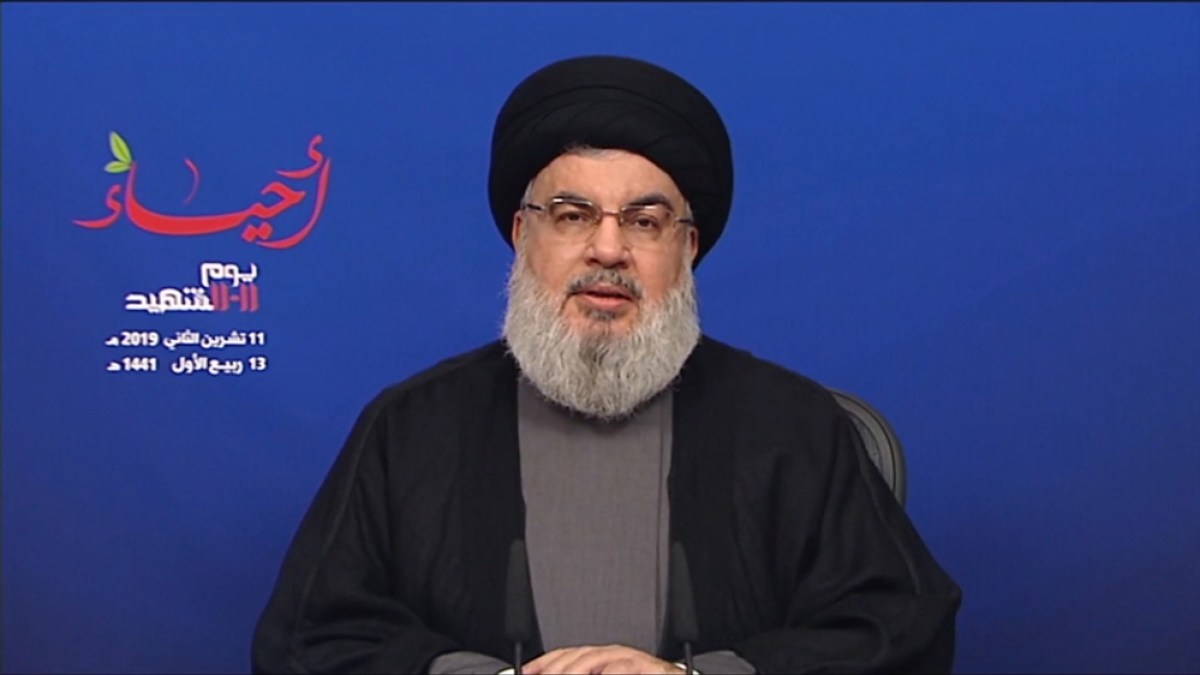The pro-Palestinian student movement is alive and well | Opinions
University campuses across the United States are quiet as the school year ended more than a month ago: most encampments have been cleared, campus protests have been discontinued and the mainstream media have all but forgotten about student-led demonstrations.
The spirit and the cause, however, are very much alive. And that is because the encampment movement was not the start of the struggle towards Palestinian liberation, nor was it its end. Rather it was a pivotal shift, as it made the general public aware of the complicity of elected officials and public institutions in the Israeli genocide of the Palestinian people. It also expanded and solidified the solidarity network of the Palestinian movement well beyond its usual supporters.
Whereas, before, pro-Palestinian protests were overwhelmingly attended by Palestinians and other Arabs, there is now a whole community of new allies that have been introduced to the Palestinian cause and show up at events.
Americans across socioeconomic and racial backgrounds now believe that Palestinian life has value, that it is not anti-Semitic to say Palestine, and that Palestinians – like all other people – have inalienable rights to life and self-determination.
Given that the impact of the student encampments has gone way beyond the confines of university campuses, it cannot be undone with the suppression of the protests. Pro-Palestinian action has continued mostly off-campus and taken a variety of different forms: from local protests to teach-ins and conferences to various modes of mobilisation, including online.
At the end of May, just as the school year was wrapping up, the Palestinian Youth Movement, along with a number of other organisations, held a three-day conference in Detroit, Michigan.
Thousands gathered to learn more about the role of technology in apartheid, solidarity with labour unions, and the importance of media in shifting the Palestinian narrative.
“We will be here, in the streets, on our campuses, in our classrooms, in our workplaces, every day until Zionism is defeated and until the total liberation and return of our people,” read the final statement of the conference.
A few days later, an estimated 100,000 – many of them students and youth – converged on Washington, DC to denounce the Biden administration’s unconditional support for Israel. Protesters held up a 2-mile-long red banner symbolising President Joe Biden’s non-existent red line, which has allowed the Israeli government and army to commit unimaginable atrocities in Gaza.
And most recently, thousands of youths, students, and allies gathered again in Washington, DC to protest against the visit to the US and the speech of Israeli Prime Minister Benjamin Netanyahu in the US Congress. Although he is the architect of a genocide and a war criminal with a likely arrest warrant from the International Criminal Court, his address was met with applause from members of Congress from both parties. As he spewed lies about his genocidal war on Gaza, American youth made clear their rejection of this political farce and of the US government’s complicity in the Palestinian genocide.
There has also been mobilisation to defend and support those who still face charges over their participation in encampments and occupations. According to The Appeal, a nonprofit news outlet, more than 3,000 students have been arrested for their involvement in campus protests against the genocide of Palestinians. While charges in many cases have been dropped, in others local prosecutors have decided to push forward with them, which could have serious consequences for the accused.
The way this has been done has also illustrated how the Palestinian issue ties to various layers of injustice within the US and why so many non-Arabs have joined our cause. In the case of the 22 people arrested at the City University New York (CUNY) and slapped with criminal charges, observers pointed out early on that those detained in the wealthier Columbia University in similar circumstances only faced misdemeanour charges.
In June, the Manhattan district attorney dropped felony charges against 12 CUNY students and staff but pressed forward with the cases of 10 community members, who are mostly Black people and working-class. People have rallied in their defence, trying to bring more attention to this injustice and the clear attempt by the authorities to come after the most vulnerable among us.
Much is also being done on other fronts, not just on university campuses and in the streets. One area of particular note is boycotting. We know that boycotts have historically been successful in putting political pressure on occupying countries: they contributed to the dismantling of apartheid in South Africa, helped Algerians during their war of independence against the French, and put pressure on the Dutch economy during the Indonesian National Revolution against Dutch imperial rule.
The Boycott, Sanctions, Divestment (BDS) movement picked up significantly over the past nine months and its efforts are bearing fruit. We have seen global sales of companies on the boycott list slump significantly, which has affected their valuation. McDonald’s shares have fallen by more than 7 percent, and Starbucks – by 17 percent.
In some countries, the boycotts have been so effective that they have sent corporations into a frenzy. In Bangladesh, after sales fell by 23 percent, Coca-Cola released an advertisement denying any links to Israel, which spectacularly backfired.
In US cities like Dearborn, where the Arab population makes up half the city, places like Starbucks and McDonald’s are all but empty, with local businesses being supported like never before.
Elsewhere in the US, where the Muslim and Arab-American communities are smaller, students and youth are at the forefront of the BDS movement, spreading the word through social media and actively promoting the boycott of corporations complicit in the Israeli occupation of Palestine.
Students also know the power of voting, and not voting. Since the start of the genocide last year, various political strategies have been deployed to ensure that our demands are heard. The “Abandon Biden” and “Listen to Michigan” campaigns were launched to convince voters to respectively withhold their vote or send a “warning” vote to Biden by voting uncommitted.
Many youths and students participated in these campaigns, and now that they are recalibrating for the likely Democratic nomination for Kamala Harris in the presidential race, they continue to be active in them.
There is also growing recognition of the failure of the two-party system to reflect popular will. Many students are involved in debates about how to change this status quo.
Efforts and planning for renewed on-campus mobilisation have also not stopped. If a ceasefire is not called by the start of the school year, students will come back from summer break ready to disrupt the status quo. Demonstrations will not stop.
If a ceasefire is called, the student protest movement will still continue. Even if Israel’s bombardment of Gaza comes to a temporary halt, Palestine will still be occupied and its people will still suffer.
Over the last nine months, it has become abundantly clear that Israel is not waging a war to release its captives and “defend itself”. Instead, it is pursuing the wholesale destruction of Gaza in order to rid it of its indigenous population.
There is a deep conviction running through the movement that we must continue until liberation, no matter the force used against us.
We will not be arrested into submission. With every arrest, every suspension, and every attempt to silence us, local authorities and educational institutions have only broadened support for the Palestinian cause. So, as those with the privilege to speak up for Palestine, we must not be intimidated by those in power who choose to monopolise their violence. We must continue to demand a ceasefire, an end to occupation, and a free Palestine where children are not condemned to watch their parents die under bombs paid for by our schools and government
The views expressed in this article are the author’s own and do not necessarily reflect Al Jazeera’s editorial stance.
Check out our Latest News and Follow us at Facebook
Original Source







